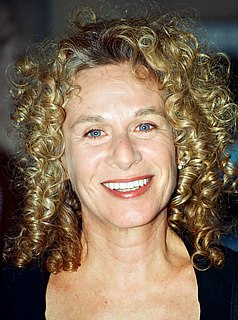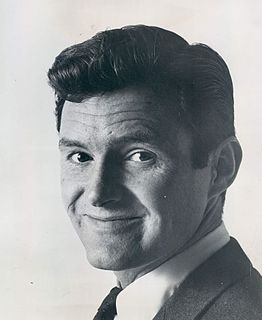A Quote by Max von Essen
If I had been born in Paris in the early 1900s and lived through World War II, I feel like my DNA would've been Henri Baurel.
Related Quotes
What if I had been born during a war and I lived in an occupied city, and people were being taken out and shot every day? Everything would be different - even after the war ended, my future would be very different. Look at what these poor people in Aleppo are going through. The children, the ones who survive, are going to be absolutely altered by what they live through, and you and I, luckily, have never had to deal with that.
All my life I've been aware of the Second World War humming in the background. I was born 10 years after it was finished, and without ever seeing it. It formed my generation and the world we lived in. I played Hurricanes and Spitfires in the playground, and war films still form the basis of all my moral philosophy. All the men I've ever got to my feet for or called sir had been in the war.
In every major war we have fought in the 19th and 20th centuries. Americans have been asked to pay higher taxes - and nonessential programs have been cut - to support the military effort. Yet during this Iraq war, taxes have been lowered and domestic spending has climbed. In contrast to World War I, World War II, the Korean War and Vietnam, for most Americans this conflict has entailed no economic sacrifice. The only people really sacrificing for this war are the troops and their families.
World War II made war reputable because it was a just war. I wouldn't have missed it for anything. You know how many other just wars there have been? Not many. And the guys I served with became my brothers. If it weren't for World War II, I'd now be the garden editor of The Indianapolis Star. I wouldn't have moved away.
I'd been influenced by reading books on art and colonies that existed in Paris and places like that and so when I came to Europe I came to France and I had very little money, and I had to live low and stayed in a bohemian section of Paris with a lot of other students, who were from medical school, science school and art school. We all lived in a kind of communal way and I was challenged politically, because I didn't have a clue and they would ask me questions about the Algerian War, which was very big in France in the late '50s.




































